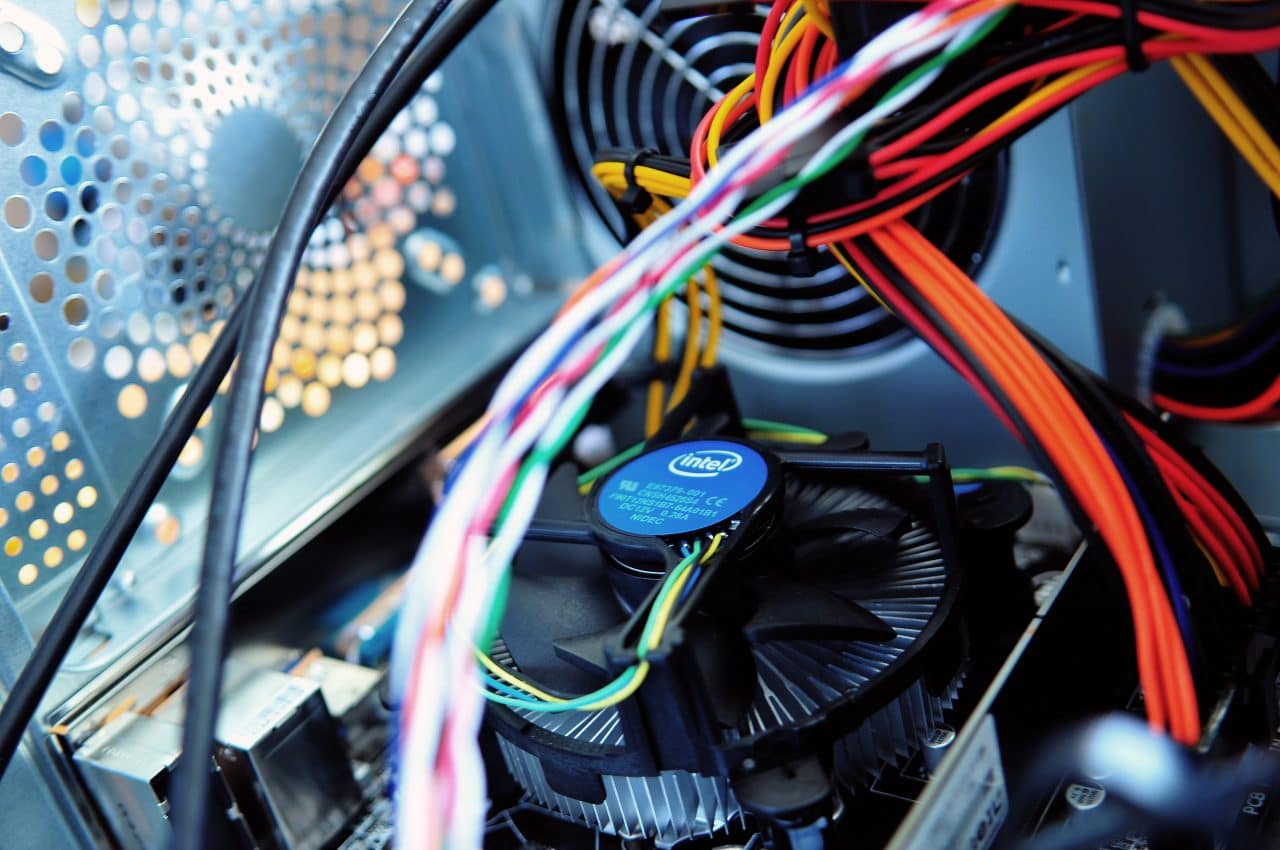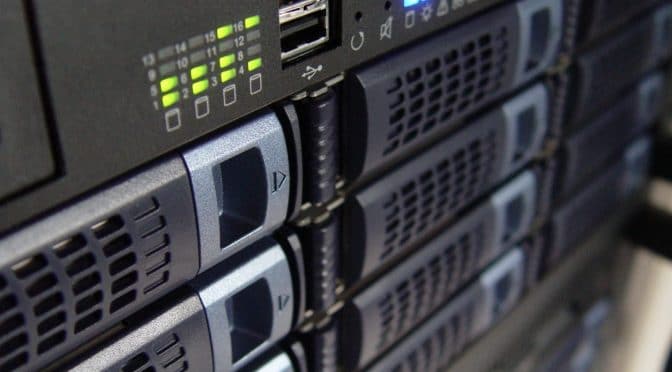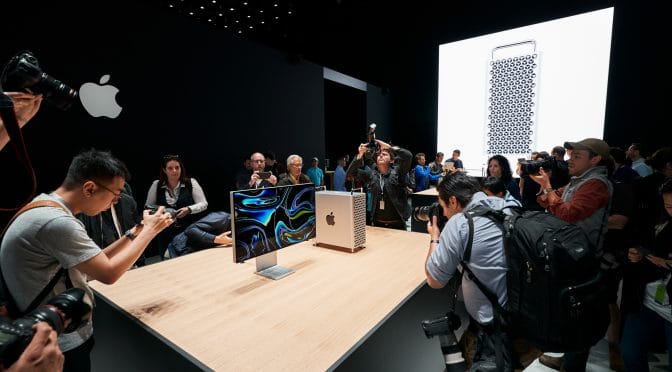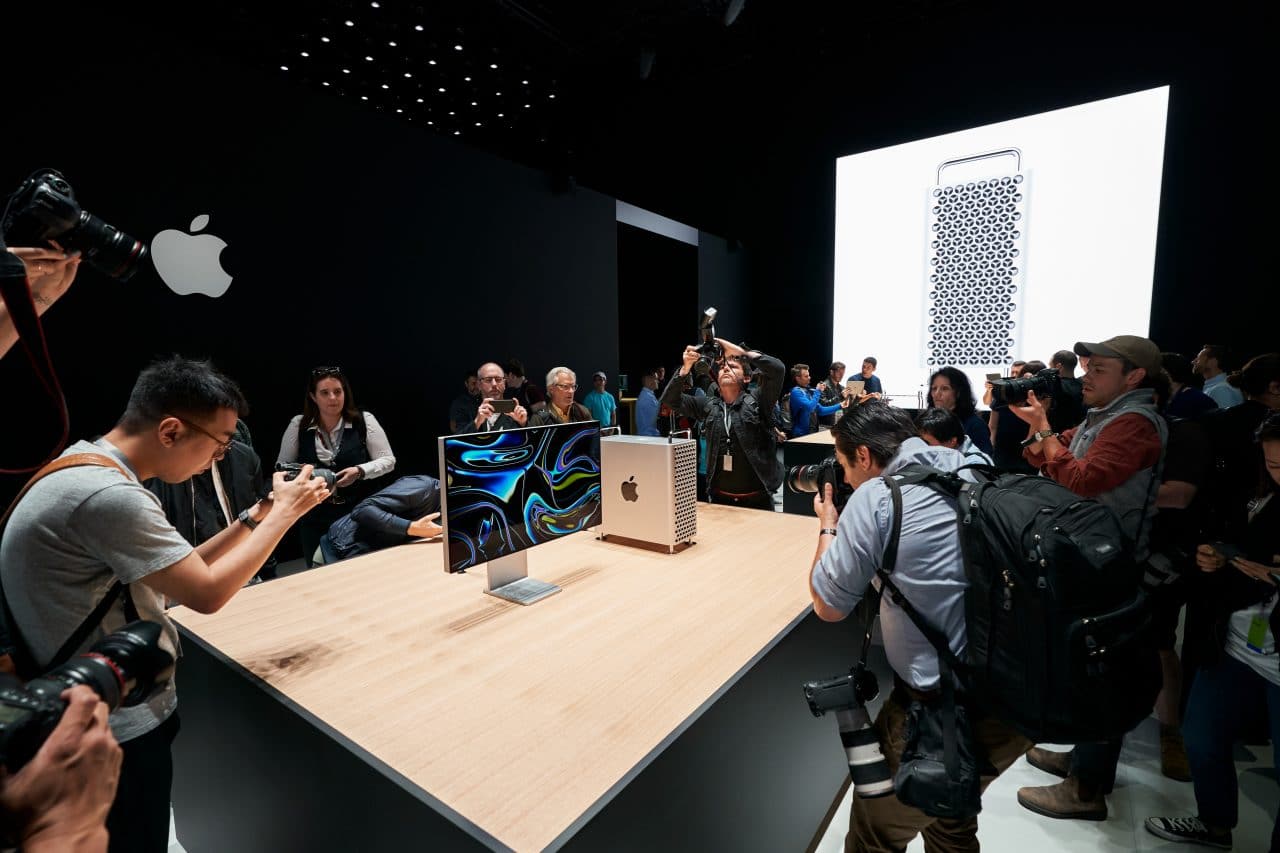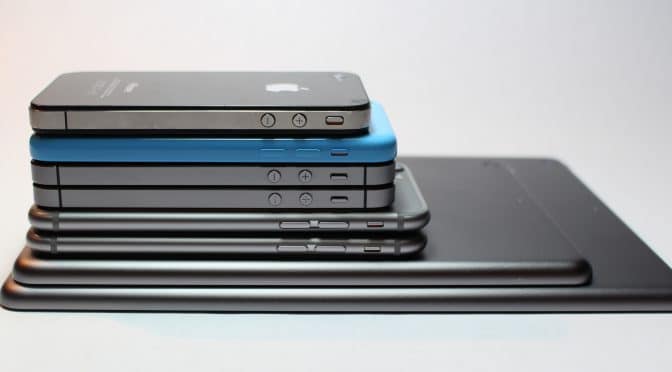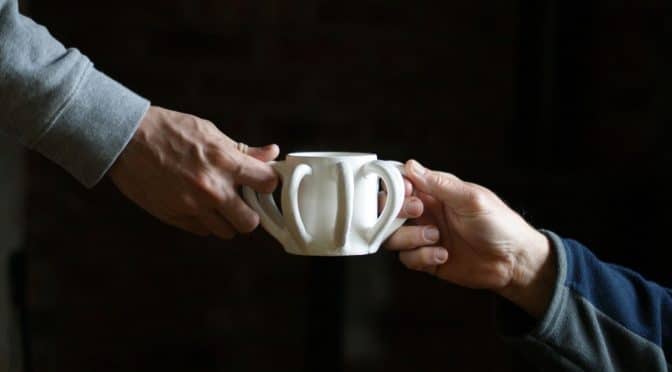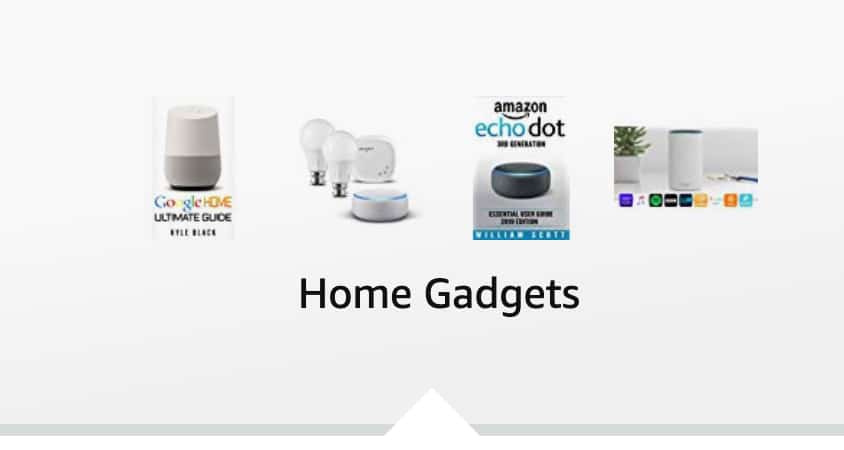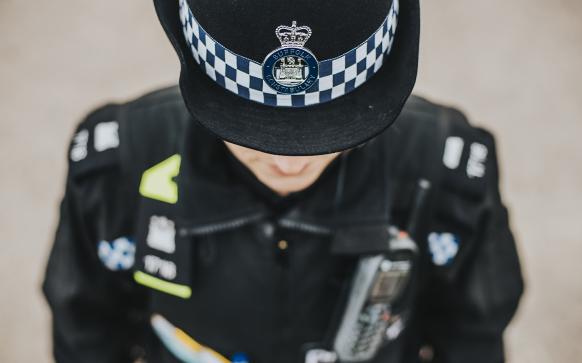Podcast: Play in new window | Download
Subscribe: Apple Podcasts | Email | TuneIn | | More
Many of us will remember the halcyon days when upgrading our mobile phone handsets was a six-month event.
No so now it would seem, instead, we are waiting much longer and are clearly looking for greater incentives to part with our beloved devices and even more importantly, our money.
You can listen into my interview with James Hazell on BBC Radio Suffolk where I talk about why the smartphone market is slowing down. Click on the link above to hear what I had to say.
A Short(ish) History
My first mobile phone was bought in 1993 (some 26 years ago) from Dixons in Derby. It was an NEC P100 and I think it cost me £50 and then £7.50 per month for the contract with Vodafone, no calls were included, so I paid 50p per minute if I did need to call anyone.
The phone itself ran on the old 1G analogue network at 900MHz which was very quickly superceded by the digital 2G networks split between 900MHz for Vodafone and Cellnet and the alternative 1800Mhz for Orange and Mercury One2One.
Note: if you don’t recognise many of these names, it’s because due to buyouts, rebrands and mergers, Vodafone remained, Orange became EE, Cellnet became BT Cellnet, then O2. Mercury One2One became just One2One and then changed to T-Mobile which in turn is merged with Orange to become EE. Then of course 3 launched a 3g service later on and of course, two dozen or so ‘piggy-back’ operators such as Giffgaff, Sky Mobile, Virgin etc, who don’t, in fact, run their own networks but instead using the Big Four’s network.
So my first phone was relatively cheap in today’s terms and in fact in ‘yesterdays’ terms too. the NEC P100 was meant to be a durable portable phone which it was and I kept it for some years until the analogue network was phased out and I had to get a more modern phone. The 2G network roll-out in the UK caused a market explosion and along with it came the Nokia 5110 and then 3310 phones which completely dominated the marketplace.
This explosion in popularity came with reasonably cheap phones with cheap and short contracts, this meant that phones could be renewed quite regularly and soon cupboards would start filling up with unwanted and out of date devices, fuelling development and in reality, a war between manufacturers and networks to provide more and more functionality. Heading this surge was Orange and O2 who had struck up a deal with little known manufacturer HTC to produce the very first Microsoft Windows CE based ‘Smartphones’, long before the birth of the iPhone.
HTC was at the time manufacturing the Compaq and HP iPaq Pocket PC and by adding cellular functionality, the Orange SPV (Sounds, Pictures and Video) and O2 XDA (extended PDA) began to be sold and the Smartphone was born.
Suddenly our dumb phones became ‘Smartphones’ and with it rapidly increasing prices. These costs had to be passed onto consumers via increased contracts with longer minimum terms (mainly to allow for the handset and network infrastructure costs to be absorbed ). Minimum six-month contracts became twelve, then eighteen, then twenty-four months. All of this was necessary to pay for the device and network overheads!
The phone networks began bundling minutes (and later, data), in part to placate phone users who were starting to become caught up in the ever increasing contract times. Subsequently, devices became more expensive, resulting in more expensive contracts.
With the launch of Apple’s iPhone, O2 and T-Mobile began offering ‘all you can eat’ data plans in order for these data-hungry devices to take advantage of the vast amount of content appearing. Once the iPhone 3G was launched, with its ability to consume vast amounts of bandwidth and data, the all-you-can-eat model was scrapped or altered with ‘acceptable usage’ policies to limit data consumption, unless you were prepared to pay more.
Now that the smartphone had become established as a Super-Gadget, the manufacturers began an ‘Arms-Race’ to establish themselves as the Go-To brand in the multi-billion dollar marketplace, the likes of Apple, Samsung, Nokia, Motorola, LG, Sony and HTC began pumping billions into product development, patent registrations, cross-licensing and all-out war!
In turn, the Smartphone industry has driven bigger, better, faster and more costly devices into the consumers’ hands! Meanwhile, in China, Xiaomi, Huawei and Honor are producing comparable and in some cases, better products, the market is now awash with products that were once competing with each other but are now blurring their differences making it difficult to see the differences
Summing Up
We now have a smart-device marketplace with astoundingly high-quality handsets costing £1000 plus! How can we justify paying over £100 a month for a mobile phone contract, when we are struggling to differentiate between ‘last-years’ model?
What is needed now is for the manufacturers to take a breath! They need to find out what their customers really want. Maybe we are becoming tired and bewildered of being told what functions we need by these companies and it’s time for them to start listening to their consumers.
Matt Porter
The Gadget Man
